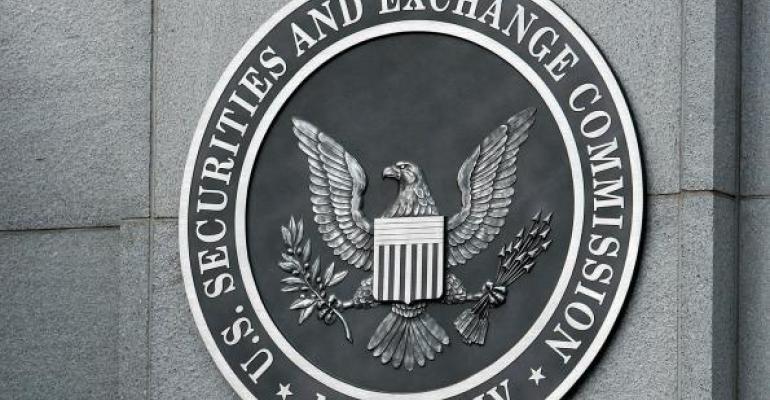The Securities and Exchange Commission said it would not take final action on several rule proposals, including its proposal to amend the accredited investor definition, before April 24, to allow additional time to file comment letters with the agency due to the impact of the coronavirus.
The flexibility also applies to a proposed sales practice rule that would establish due diligence and approval requirements for broker/dealers and registered investment advisors trading shares of certain leveraged investment vehicles. The comment periods were scheduled to expire in March.
In December, commissioners voted to release a proposal that would expand the pool of accredited investors by changing the current definition of who qualifies to invest in private markets. Notably, the new definition would include people with certain designations, starting with the Series 7, 65 or 82. The proposal also qualifies SEC- and state-registered RIAs as accredited investors.
The current definition of an accredited investor is based solely on whether that investor had an annual income exceeding $200,000 and/or a net worth of more than $1 million. The SEC originally issued a concept release on the proposed rule in June of 2019, with a revised rule published on the commission’s federal register in mid-January, followed by a 60-day comment period.
Last week, the attorneys general of 11 states, including California, New York, New Jersey and Massachusetts, submitted a comment letter taking issue with the rule proposal. By expanding the definition of which investors can participate in private offerings—offerings that are often high-risk—the governors wrote that the SEC is ignoring the danger to those investors who, while they may qualify, nonetheless will face the potential for significant losses.
The North American Securities Administration Association (NASAA), which represents state securities regulators throughout the country, also criticized the proposed rule in its own comment letter. NASAA President Christopher Gerold, who is also the chief of the New Jersey Bureau of Securities, wrote that the proposed rule failed to offer any additional protections for investors or oversight on private markets.





